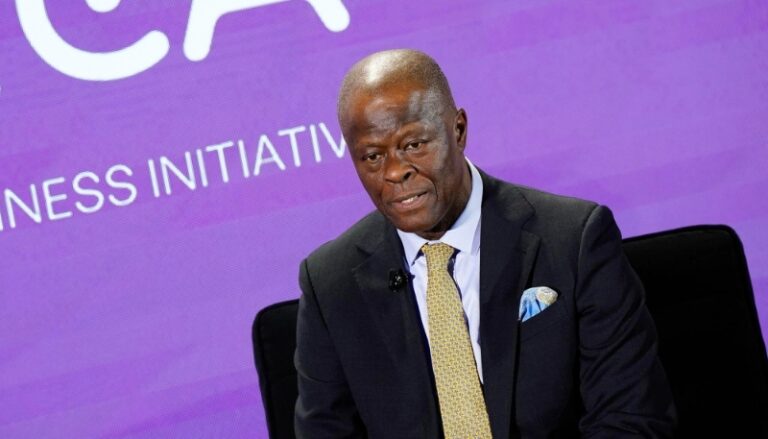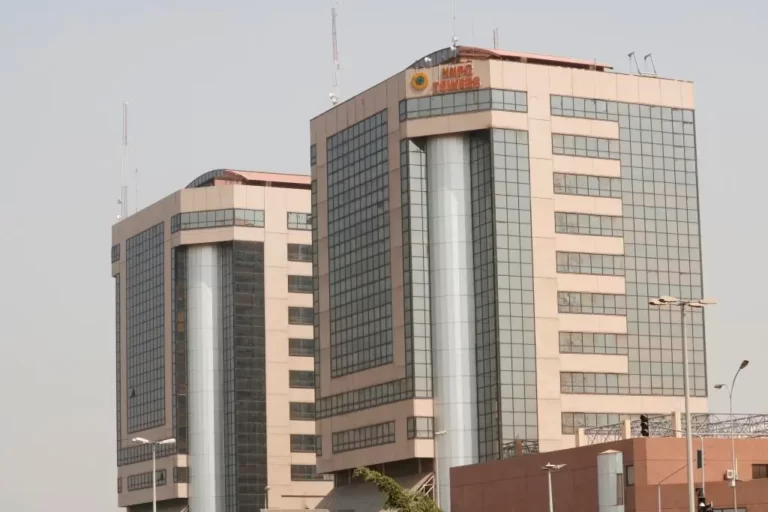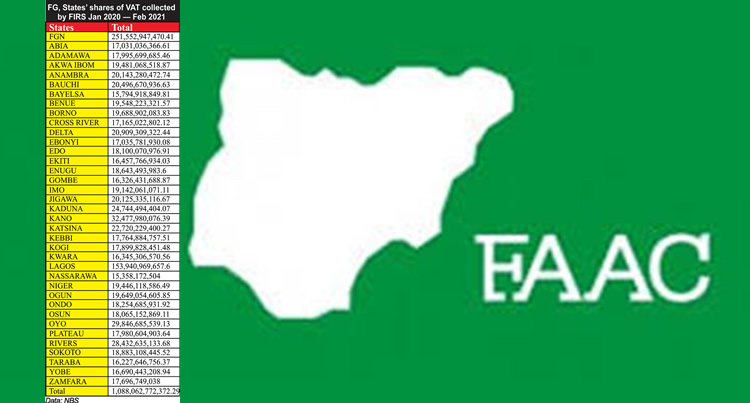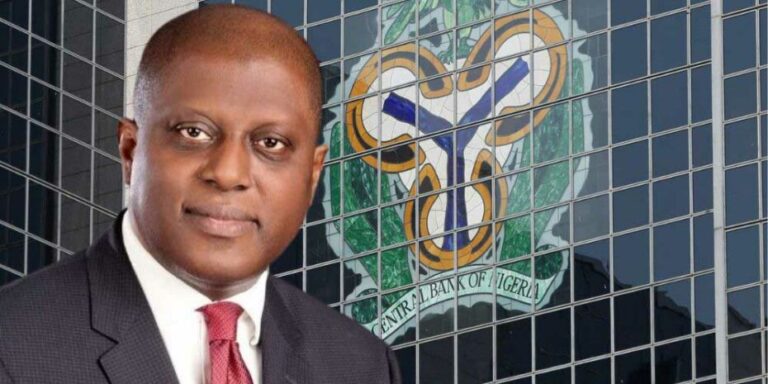The Nigerian government is broke and the country’s currency, the Naira, is weak. What is the solution? More borrowings in US $. The federal government is therefore seeking another US $1.5 billion from the World Bank for budget support this year, according to reports of the Minister of Finance Wale Edun’s statement. Edun also says that Nigeria may issue Eurobonds in the fourth quarter of the year. That possibility coincides with the thoughts I have expressed here and elsewhere . The yield on Nigeria’s Eurobonds is currently 11%, compared to 6.5% in 2022. The expectation is that the yields will start to decline as the US Fed begins to lower its interest rate in response to declining inflationary pressures in the country. That will lower the yields and the cost of Eurobonds for Nigeria and other emerging economies later in the year. The last time Nigeria issued Eurobonds was March 2022 of US $1.25 billion. The positive news is that no Eurobond payment is due this year, but from next year.











